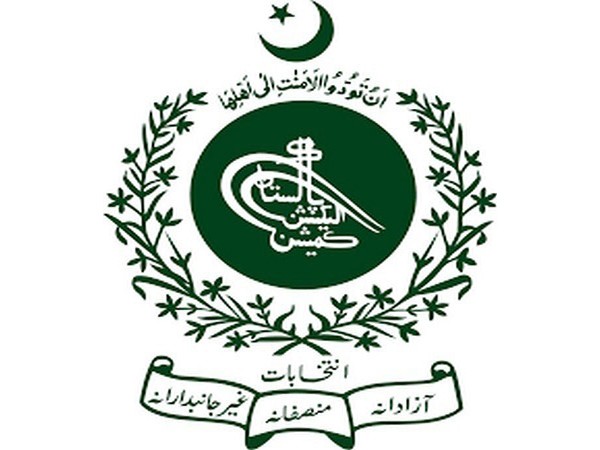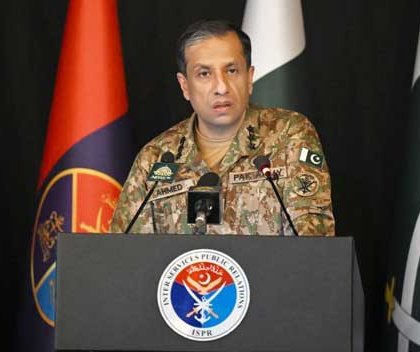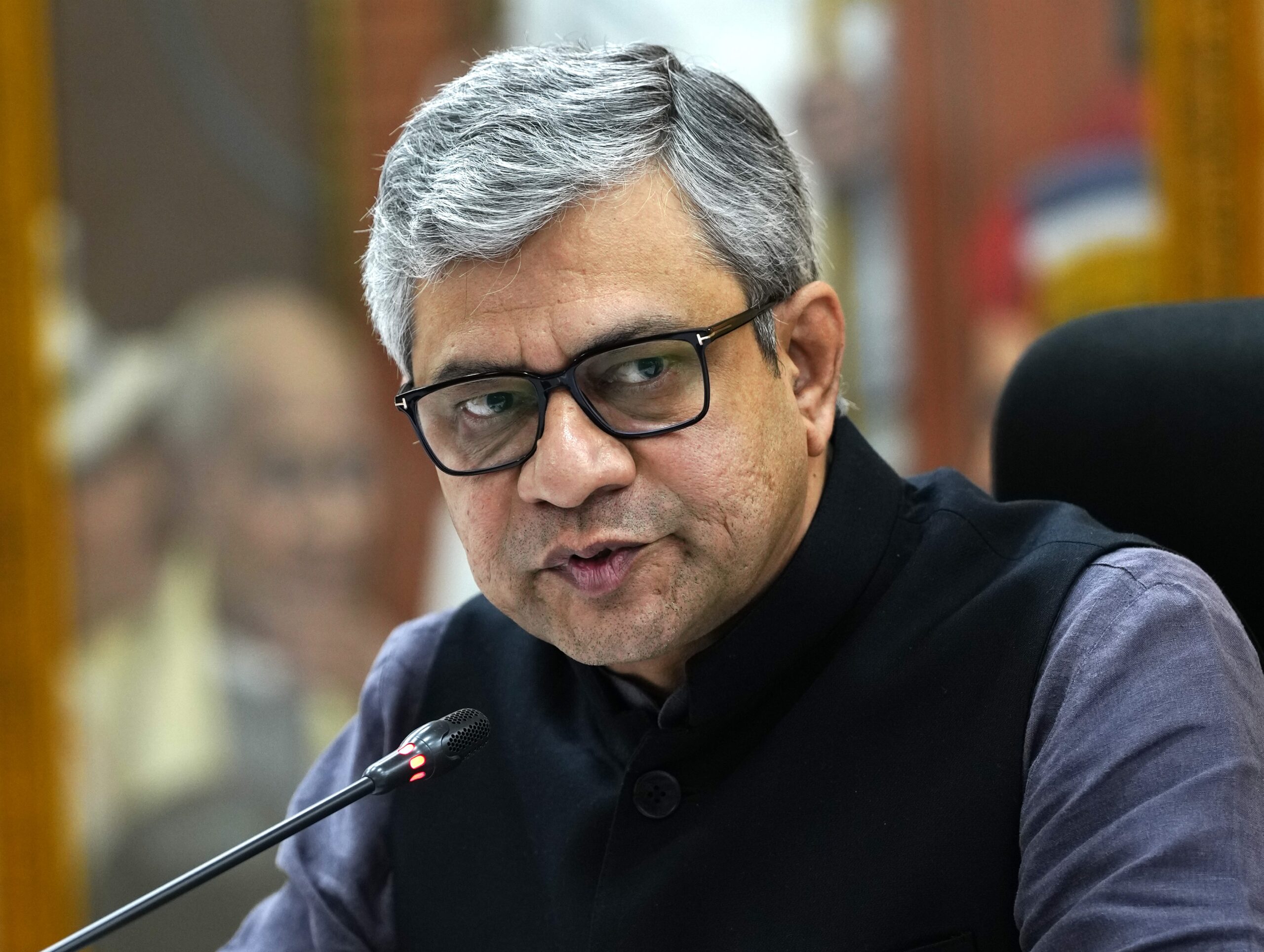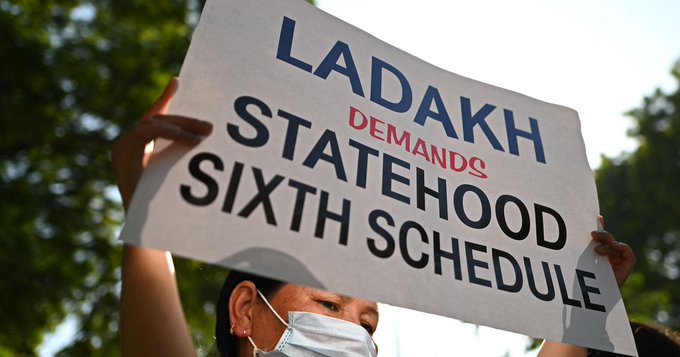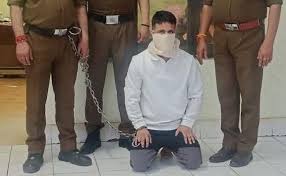Islamabad: The Election Commission of Pakistan (ECP) is gearing up to hold the election for the office of Pakistan’s President by March 9, two days prior to the retirement of half of the senators after completing their six-year terms, Pakistan-based Dawn reported.
A senior Pakistan Peoples Party office-bearer said, “The president will be elected by the present senators after setting up all four provincial assemblies,” adding that the election could be held on March 9 or 10, according to Dawn report.
The six-party alliance, set to form a coalition government at the Centre under the PML-N leader Shehbaz Sharif, has already declared PPP chairman Asif Ali Zardari as its consensus candidate for Pakistan’s top constitutional office.
The Article 41(4) of Pakistan’s Constitution reads, “Election to the office of president shall be held not earlier than sixty days and not later than thirty days before the expiration of the term of the president in office: Provided that, if the election cannot be held within the period aforesaid because the National Assembly is dissolved, it shall be held within thirty days of the general election to the Assembly.”
As the general elections were conducted on February 8, Pakistan’s presidential election needs to be held by March 9, just two days prior to the retirement of half of the 100-member Senate, Dawn reported.
The elections in Pakistan’s Senate were also due in the first week of March, Dawn reported, citing sources. However, due to the delay in the general elections of the national and provincial assemblies, the Senate polls will now be conducted either in the last week of March or the first week of April, which implies that the upper house will remain dysfunctional and incomplete for some period.
According to the PPP leader, it is due to the upcoming presidential election and to ensure Zardari’s win that the party has stopped its two senators – Nisar Khuhro and Jam Mahtab Dahar, from taking the oath as Members of Provincial Assembly in the Sindh Assembly.
According to the formula applied for the president’s election in Pakistan, the vote of a senator is considered a single vote, while in the Sindh Assembly, one vote will be equal to nearly four votes. With this formula, Zardari will benefit in the presidential elections.
Notably, Pakistan’s incumbent president, Arif Alvi, is already on an extended tenure after completing his five-year term on September 9, 2023. According to Article 44(1) of Pakistan’s Constitution, the Pakistani President will hold office for five years from the day he assumes charge. However, he will continue to hold the office until a successor is chosen.
The term-wise data of senators suggests that the PML-N and the PPP will lose a large chunk of their members–69 per cent and 57 per cent, respectively as they will retire on March 11 after completing their tenure, Dawn reported.
However, both the PML-N and PPP will be able to add to their tally in the Senate after the elections held on February 8. Meanwhile, the Pakistan Tehreek-e-Insaf (PTI) will have a disadvantage if it fails to hold the intra-party elections before the Senate polls, and it may have to depend on the SIC to get representation in the upper house of the parliament.
Until now, the total strength of the Senate has been 100, including 23 members each from the four federating units and four each from the erstwhile Federally Administered Tribal Areas (Fata) and Islamabad.
The 23 seats that are given to a province include 14 general seats, four reserved for women, four for technocrats, and one for a minority member. Only 96 members will grace the chamber, as the representation of the erstwhile tribal areas will end after their merger with Khyber Pakhtunkhwa under the 25th Constitutional Amendment.
This implies that 48 new senators–11 each from all four provinces on general and technocrats’ seats, two from Islamabad, and two minority members from Punjab and Sindh will be elected to Pakistan’s Senate, Dawn reported.
Presently, the house has 97 members due to the death of PML-N’s Rana Maqbool Ahmed and the resignations of PTI leader Shaukat Tarin and Anwaarul Haq Kakar of the Balochistan Awami Party (BAP) who assumed the charge of Pakistan’s caretaker PM.

